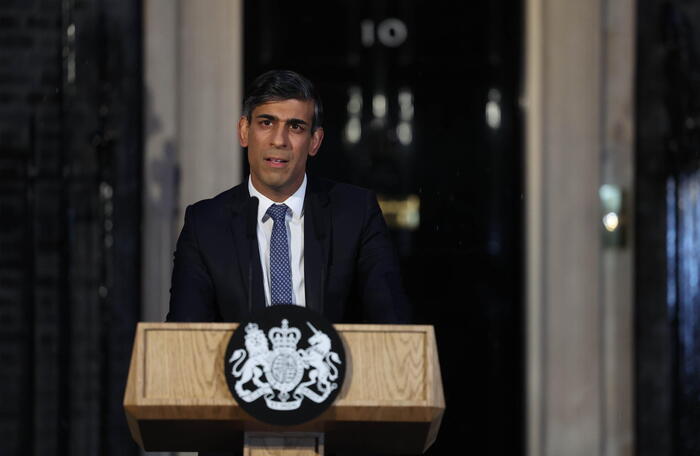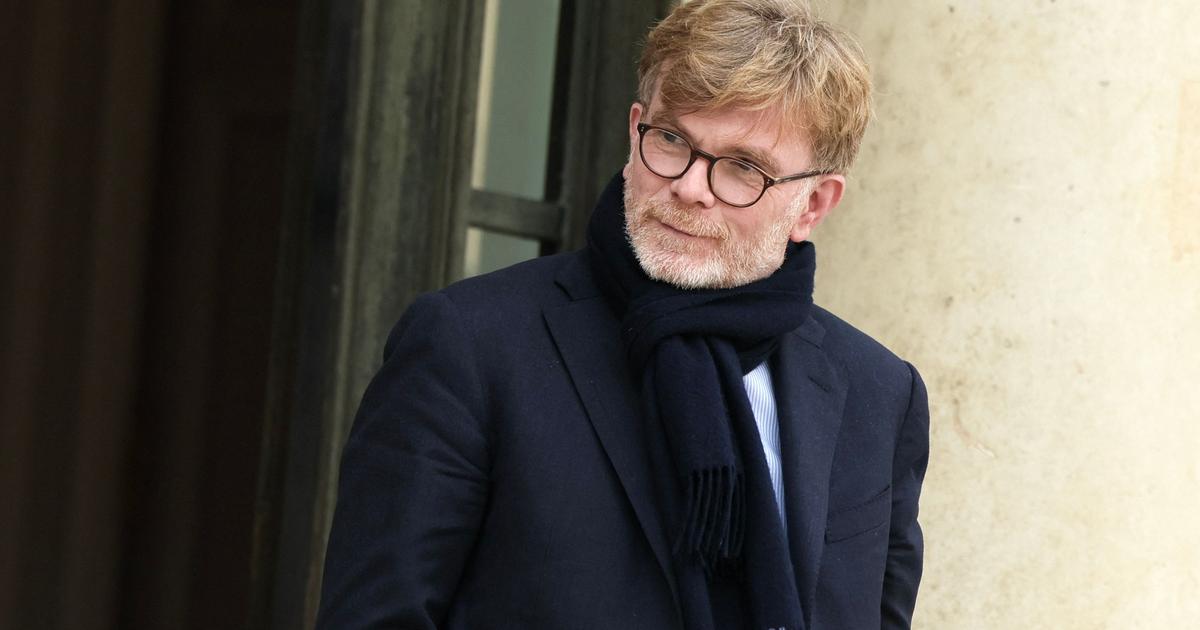Agriculture faces another challenge: “We have made ourselves completely dependent on special products from China”
Created: 09/13/2022, 08:43
By: Martin Krigar
Dirk Köckler, CEO of the agricultural trading company Agravis, in conversation with IPPEN.MEDIA.
©Andreas Rother
Dirk Köckler, head of the agricultural trading company Agravis, expects food prices to continue to rise - and in the worst case even fears production losses.
Münster – For months, the lack of wheat deliveries from Ukraine and global supply bottlenecks were in the headlines.
Then a ship with grain left Odessa - and the agricultural market was no longer a big issue.
Martin Krigar talked about this with Dirk Köckler, CEO of the agricultural trading company Agravis.
Has the situation on the agricultural market calmed down?
Dirk Köckler:
The market has not calmed down at all.
We have an absolutely high price level for agricultural raw materials and operating resources - which is also reflected in Germany in rising food prices.
And prices will continue to rise.
Are there areas of the agricultural market that have been particularly hard hit by the recent crises?
It starts with disrupted flows of goods;
we used to get deliveries from Russia and the Ukraine, they don't exist like that anymore.
Then the significant increase in energy costs also affects us.
The third aspect is the lack of excipients.
An example: A normal euro pallet used to cost five euros, but recently you couldn't get it for 25 euros.
The development runs through all processes.
Like many other industries, we have major challenges.
This then extends to the issue of fertilizer production being stopped or restricted in Europe due to the high gas prices.
To put it bluntly, without fertilizer, less harvest - and thus certainly higher food prices.
"Have made us totally dependent on specialty products from China"
Are the direct consequences of the war your only problem?
Dirk Köckler:
We get a lot of special products from China, but we have made ourselves completely dependent on them.
We import many raw materials like vitamins and amino acids mainly from China.
We were therefore also affected by the lockdown in Shanghai.
We sell machines with electronic chips.
If a small chip is missing in a large tractor, the tractor cannot be delivered.
In China, a totalitarian regime uses scarcity as a policy.
This is very threatening.
We therefore support demands to produce certain products here in Europe again.
Why is all this affecting German consumers?
They notice the consequences directly on the shelf, in the product prices.
Increased feed prices lead to a significant increase in meat prices.
High electricity costs lead to high bread prices.
The danger is that the consumer will react by cutting back on consumption.
also read
Hartz IV successor: It is now clear how much citizen money there should be from January
Gas crisis in Germany: New law could now give consumers a nasty surprise
►
dr
Dirk Köckler
has been CEO of Agravis Raiffeisen AG, one of the largest agricultural trading companies in Germany, based in Münster, for three years.
Köckler comes from Hamm (NRW) and studied agricultural sciences after training as a farmer.
His career took him to Münster through functions in the cooperative sector in North Rhine-Westphalia and Hesse.
►
The Agravis Group
generates sales of over 7 billion euros, primarily in the northern half of Germany, with more than six thousand employees at more than 400 locations.
Energy crisis: Consumers react by cutting back on consumption
Then who bakes bread?
Dirk Köckler:
The one who can do it most efficiently.
So big companies?
Yes, that could be the case.
This will certainly fuel the structural change in many places and in many sectors.
This promotes the painful loss of owner-managed companies, which we actually want and which also ensure diversity in many industries.
What do you expect for the winter?
When we see the current price development, we will no longer be able to map certain production processes.
This is the case in all manufacturing companies.
A dairy needs gas and electricity.
A slaughterhouse needs gas and electricity.
And if that is not available, production comes to a standstill.
Society needs to be made aware of this.
And in the end it comes down to the question of what the consumer is willing to pay.
We are currently experiencing a downgrading: Anyone who previously bought organic is now buying animal welfare.
Anyone who has bought animal welfare goes to the discounter.
It is therefore irrelevant when politicians want a flat rate of 20 or 30 percent organic farming.
The question does not arise, especially not in times of scarcity.
Organic should be produced in this country,
Why is the debate irrelevant?
Germany is - of course with regional differences - a favorable location from the point of view of agriculture.
We have good soil, sufficient rainfall, reasonable climate.
And we have the best conditions for innovative, sustainable agriculture.
We have an excellent processing structure, highly trained, dedicated farmers and a stable constitutional state.
We should therefore stop doing agricultural bashing; politicians should much more support the supply mandate that our agriculture is also taking on in these times.
Politicians must ensure reliable framework conditions and set guidelines.
For example, it doesn't help us if we shut down our fertilizer production due to a lack of gas.
What are the alternatives?
We import mineral fertilizers from Africa - and create hunger there?
We import the fertilizer from Russia - and finance war there?
Or we import the fertilizer from Iran - and strengthen a totalitarian regime there?
In Germany, agriculture plays an existential role in self-sufficiency.



/cloudfront-eu-central-1.images.arcpublishing.com/prisa/RFAOAH7KGFCBHJ7ITQZGG5Q32Y.jpg)




